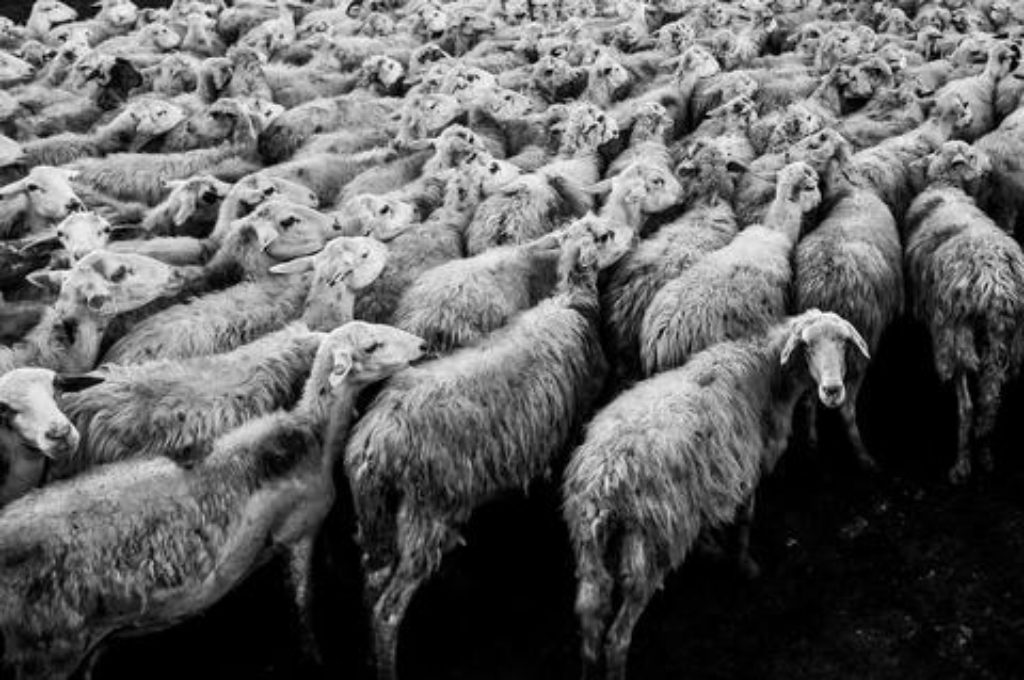‘One Welfare’ complements ‘One Health’
Image: Leroy Skalstad, Pixabay.com One of a series of blogs written by CABI editors for One Health Day on November 3rd 2016 While ‘One Health’ is a well-established concept, a new term ‘One Welfare’ is also emerging, extending the One Health theme beyond physical health and recognising that animal welfare and human wellbeing are intrinsically…
Excessive use of antimicrobials in intensive livestock farming as One Health issue
Most antibiotics in livestock farming are used in aquaculture, but significant amounts are also used in terrestrial livestock species, particularly in poultry and pigs. Approximately 70% of antibiotics are used for non-therapeutic purposes, i.e. many antibiotics are used in sub-therapeutic doses and over prolonged periods, which leads to the development of genes that confer antimicrobial resistance to animal pathogens. These genes can subsequently be transferred to human pathogens and it is estimated that 75% of recently emerging diseases in humans are of animal origin. Antimicrobial resistance (AMR) problems are further exacerbated by the fact that antibiotic resistance genes were found in bacteria long before antibiotics were ever used on super-pathogens in farm animals. AMR is a worldwide problem, which clearly affects both animal and human health, and hence it is truly One Health issue.
Why Latin America is nearer elimination of rabies than Africa
Latin America is doing far better at controlling and ultimately eliminating rabies from the region than Africa. Latin America uses dog vaccination; Africa relies on post-exposure prophylaxis. Can the lessons learned in Latin America be applied or adapted to Africa? At RSTMH “Challenges in Disease Elimination”, [September 12-16th, 2016], Dr Katie Hampson described the PAHO surveillance & management framework operating in Mexico and Brazil, devised to support the elimination of rabies in 25 PAHO countries, which could be adapted. Tanzanian researchers have developed a targeted surveillance system to improve case detection for the African setting where resources are constrained.
Author of the Month Blog: Equine Thermography in Practice, Dr Maria Soroko
About the author My interest in equine thermography started during my Equine Science Masters degree studies at Aberystwyth University, Wales in 2008. The initial research in equine thermography was for my Masters dissertation on the application of thermography in diagnosing injuries of racehorses (fig. 1). The main objective of the investigations was to assess thermography…
Buzzing activity around pollinator health
Yesterday I cherished the start of spring in England by attending an event devoted to pollinators and pollination at the University of Reading. Most presentations at this meeting organised by the Royal Entomological Society were understandably about bees, but we also heard a few talks highlighting the importance of other pollinator groups. For about five…
Workshop on “Food Security: Infectious Diseases in Farm Animals”- Invited Lectures, Day 2
St. Catherine’s College, Manor Road, Oxford, UK, 4-7th April 2016 Attended by M Djuric, CAB International, Wallingford, UK, on 5th April 2016 (Day 2) This workshop meeting was jointly organised by the Pirbright Institute, Woking, UK and Cairo University, Egypt and was sponsored by the British Council Research Links Programme. The aims of the workshop…
Workshop on “Food Security: Infectious Diseases in Farm Animals” brings together animal and veterinary scientists from Egypt and the UK
St. Catherine’s College, Manor Road, Oxford, UK, 4-7th April 2016 Attended by M Djuric, CAB International, Wallingford, UK, on 5th April 2016 (Day 2) This workshop meeting was jointly organised by the Pirbright Institute, Woking, UK and Cairo University, Egypt and was sponsored by the British Council Research Links Programme. There were 50-60 delegates in attendance…
Gail Tulloch reviews ‘The Animal Trade’
“The Animal Trade” is a book of major importance that will make groundbreaking contributions to the fields of animal welfare and ethics, husbandry, and government policy, nationally and, hopefully, internationally – as befits the expertise of its author, Clive Phillips. It is scholarly and comprehensive in its sweep, as well as being tightly written, so…
Author of the Month Blog: Mason’s World Encyclopedia of Livestock Breeds and Breeding, Valerie Porter
A tall, spare, bearded, lively, modest, quietly humorous and gentle man, the animal breeding consultant Ian L Mason was known and respected worldwide for his encyclopaedic and authoritative knowledge of livestock breeds and breeding. It was said of him by a friend in Israel: ‘It is known in Asia that Dr Mason has a beard,…




